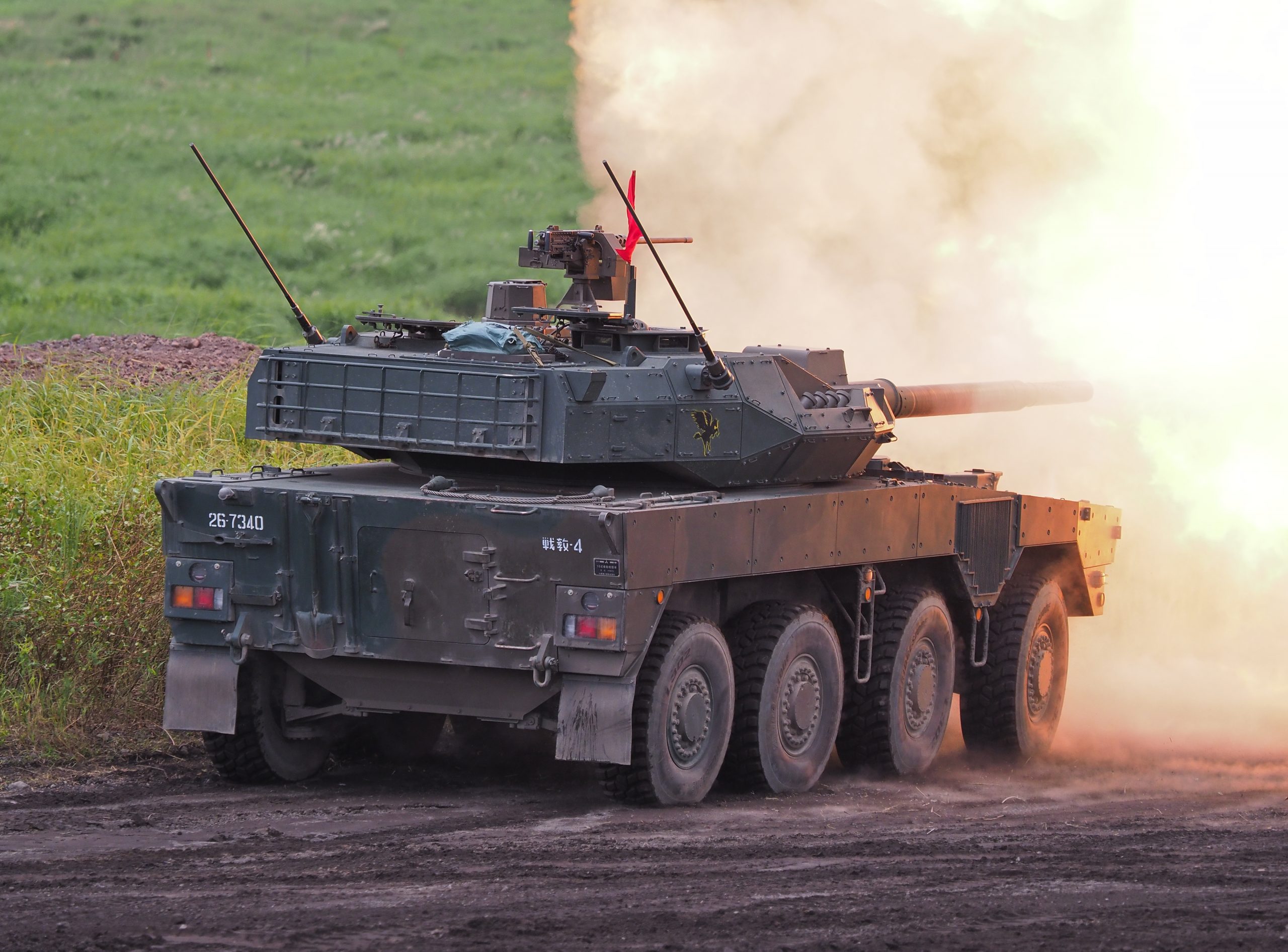Japan’s Ministry of Defense (MoD) has expressed growing concern about the growing intensity of China’s military activities around Taiwan and emphasized that the country’s security is linked to the latter’s stability.
“Stabilising the situation around Taiwan is important for Japan’s security and the stability of the international community,” the MoD stated in the English-language digest of the 2021 Defense of Japan White Paper released on 13 July.
“Therefore, it is necessary that we pay close attention to the situation with a sense of crisis more than ever before,” it added.
It is the first time that the MoD has issued such a statement on Taiwan in its defence white papers and is a marked contrast from previous versions, which would be generally coy on the issue.
The MoD also noted the military balance between China and Taiwan is increasingly leaning in China’s favour. Beijing considers Taiwan a rogue province and has vowed to unify it with the mainland, by force if necessary.
The statement mirrors remarks made by Japanese Prime Minister Yoshihide Suga and US President Joe Biden on 16 April in which they stressed the importance of peace and stability across the Taiwan Strait, as well as an earlier speech by Deputy Prime Minister Taro Aso in which he suggested that Japan could exercise its right to “collective self-defence” in the advent of an invasion. Defence Minister Nubuo Kishi had also made similar remarks linking Taiwan’s security situation to that of Japan.
Another area of concern raised in the white paper is the continued China Coast Guard (CCG) presence in the contiguous zone surrounding the disputed Senkaku/Diaoyu Islands, which the MoD asserts the document to be “an inherent part of the territory of Japan” and the newly established China Coast Guard Law in February, aspects of which it believes to be inconsistent with international law.
“Sources of inconsistency include, among others, ambiguity as to geographical areas the CCG Law applies and how the rules governing the use of weapons are implemented,” the MoD stated, adding that the CCG Law must not be allowed to infringe on the legitimate interests of regional stakeholders including Japan.
by Jr Ng













